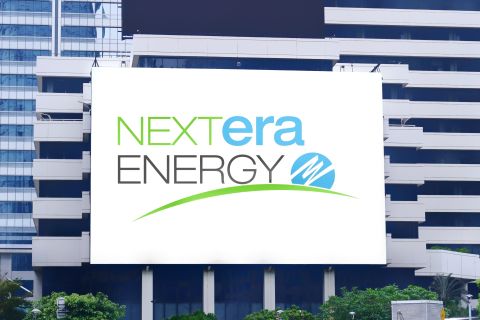BP Plc said April 27 the sale of its Alaska business remained on track to close as planned—and with the same multibillion-dollar price tag—despite the recent plunge in oil prices.
Privately held Hilcorp Energy Co. last year agreed to buy BP’s Alaska business, including the British oil major’s entire upstream and midstream assets in the state, for $5.6 billion. However, the oil market has drastically changed since then.
Oil prices have been dragged down this year by both a supply glut and sagging demand driven by the coronavirus pandemic. WTI oil futures on April 27 settled at $12.78/bbl, a roughly 77% decrease from the $54.93/bbl price of oil when the deal was first announced in August 2019.
On April 27, BP said to better reflect the “recent significant market volatility and oil price falls” it had renegotiated the financial terms of the deal with Hilcorp.
The new agreement will retain the original sale price and mid-2020 close date, but includes a revised structure and phasing of payments.
The original agreement provided for Hilcorp to pay $4 billion near-term and $1.6 billion through an earnout thereafter. Hilcorp paid a $500 million deposit on signing of the transaction in 2019, according to the BP press release.
Though details on timing of the payouts or amounts were not disclosed, the company said the revised structure will feature lower completion payments in 2020, new cash flow sharing arrangements over the near-term, interest bearing vendor financing and a potential increase in the proportion of the consideration subject to earn-out agreements.
Analysts with Tudor, Pickering, Holt & Co. potentially view the restructured deal as positive for BP given the company’s more than $20 billion in cash at year-end 2019 and undrawn $8 billion revolving credit facility. However, the analysts question Hilcorp’s ability to fund its side of the deal.
“Hilcorp’s ability to finance any significant near-term payment is likely to continue to draw questions as the company originally wished to fund the deal entirely with debt which seems challenging in a seized up junk market and the company’s publicly traded debt trading at ~52-57c,” the TPH analysts wrote in an April 27 research note.
Upon completion of the deal, analysts expect Houston-based Hilcorp will become the second-largest E&P in Alaska. Meanwhile, the sale represents BP’s exit from the state, where the British oil major had been active since 1959.
The transaction remains subject to state and federal regulatory approval and is expected to close in June.
“We are confident that completion of this sale is the right thing for both parties, for the business and for Alaska,” William Lin, COO of upstream regions for BP, said in a statement.
Recommended Reading
NextEra Energy Dials Up Solar as Power Demand Grows
2024-04-23 - NextEra’s renewable energy arm added about 2,765 megawatts to its backlog in first-quarter 2024, marking its second-best quarter for renewables — and the best for solar and storage origination.
BCCK, Vision RNG Enter Clean Energy Partnership
2024-04-23 - BCCK will deliver two of its NiTech Single Tower Nitrogen Rejection Units (NRU) and amine systems to Vision RNG’s landfill gas processing sites in Seneca and Perry counties, Ohio.
Clean Energy Begins Operations at South Dakota RNG Facility
2024-04-23 - Clean Energy Fuels’ $26 million South Dakota RNG facility will supply fuel to commercial users such as UPS and Amazon.
Romito: Net Zero’s Costly Consequences, and Industry’s ‘Silver Bullet’
2024-04-22 - Decarbonization is generally considered a reasonable goal when presented within the context of a trend, as opposed to a regulatory absolute.
Energy Transition in Motion (Week of April 19, 2024)
2024-04-19 - Here is a look at some of this week’s renewable energy news, including the latest on global solar sector funding and M&A.





